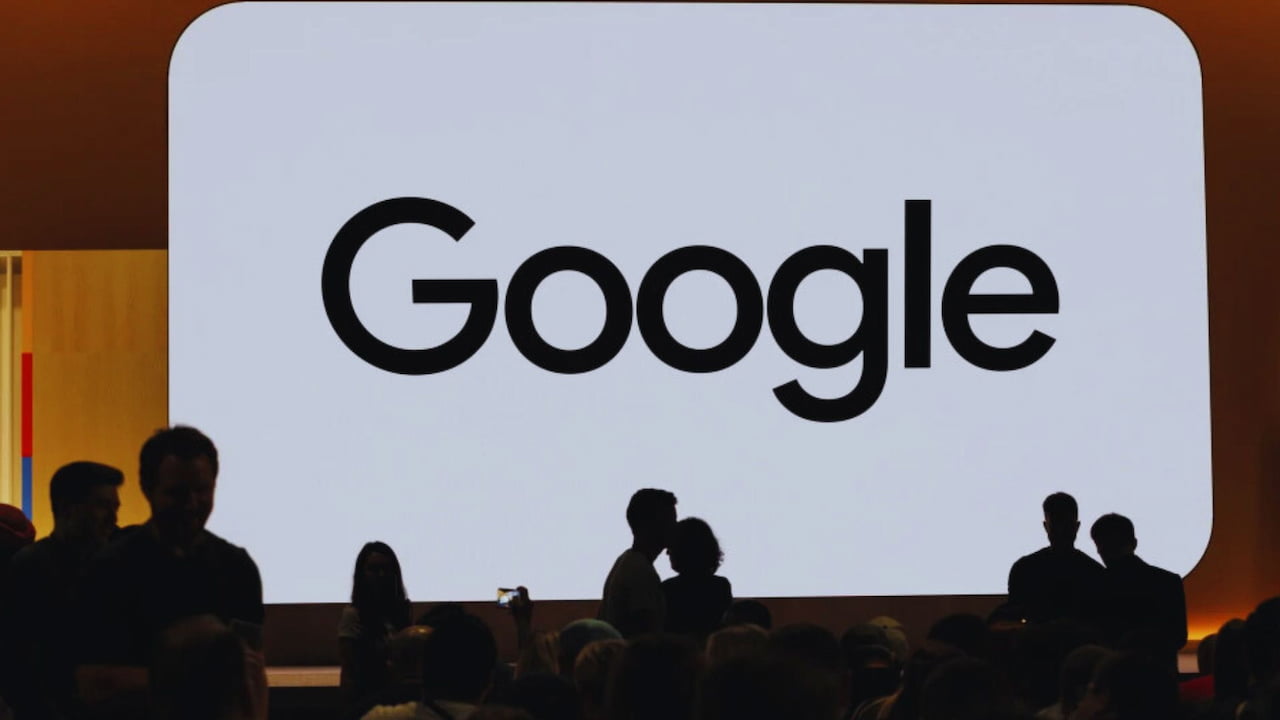DOJ’s Historic Move to Break Up Google: Chrome Sale and Search Monopoly Battle
In a groundbreaking development shaking up the tech world, the U.S. Department of Justice has unveiled its most aggressive action against Google’s market dominance. Federal regulators are pushing for a court-ordered breakup of the tech giant, with the forced sale of the Chrome browser at the center of their demands.
The Core Demands
The Justice Department’s 23-page filing outlines several significant demands:
- Forced sale of Chrome browser within six months of the final ruling
- Potential divestiture of Android if oversight committee sees continued misconduct
- Ban on default search deals with device makers like Apple
- Requirements to license search index data to competitors
- Restrictions on favoring Google services like YouTube and Gemini
The proposed Chrome sale could fetch an estimated $15-20 billion, given its massive user base of over 3 billion monthly active users. This browser commands a 67% share of the global market, making it a crucial gateway to the internet for many users.
Why This Matters
This action follows Judge Amit Mehta’s August ruling that branded Google a monopolist. The case centers on Google’s practice of paying over $26 billion annually to be the default search engine on various devices and platforms. According to regulators, this strategy has effectively blocked competitors from gaining meaningful market share.
Kent Walker, Google’s chief legal officer, strongly opposes these measures, arguing they would “harm Americans and America’s global technology leadership.” He particularly emphasized concerns about privacy and AI innovation.
Political Implications
The timing of this action adds another layer of complexity, as President-elect Donald Trump is set to take office next year. While the case began during Trump’s first term, its future direction remains uncertain. Trump has reservations about breaking up Google and suggests alternative approaches to ensure fairness.
What’s at Stake
The proposed breakup would reshape the digital landscape:
- Impact on Google’s $300 billion annual revenue stream
- Changes to the Android ecosystem
- Shifts in artificial intelligence development
- Effects on digital advertising markets
- Implications for user privacy and data handling
Industry Response
The tech industry remains divided. Companies like DuckDuckGo support the DOJ’s action, seeing it necessary to create “enduring competition.” However, many industry experts, including Syracuse University law professor Shubha Ghosh, question whether the proposed remedies exceed the scope of the original case.
What’s Next
Key upcoming dates:
- Google’s response is due December 20, 2024
- Court hearings begin: April 2025
- Final decision expected: Before Labor Day 2025
This case represents the most significant tech antitrust action since the Microsoft case of the late 1990s. Its outcome could set precedents for future regulation of big tech companies and reshape how billions of people access the internet.
The battle over Google’s future highlights the tension between promoting competition and maintaining American technological leadership in an increasingly competitive global market. As this story develops, its implications will likely extend far beyond Google, potentially affecting the entire technology sector and digital economy.
